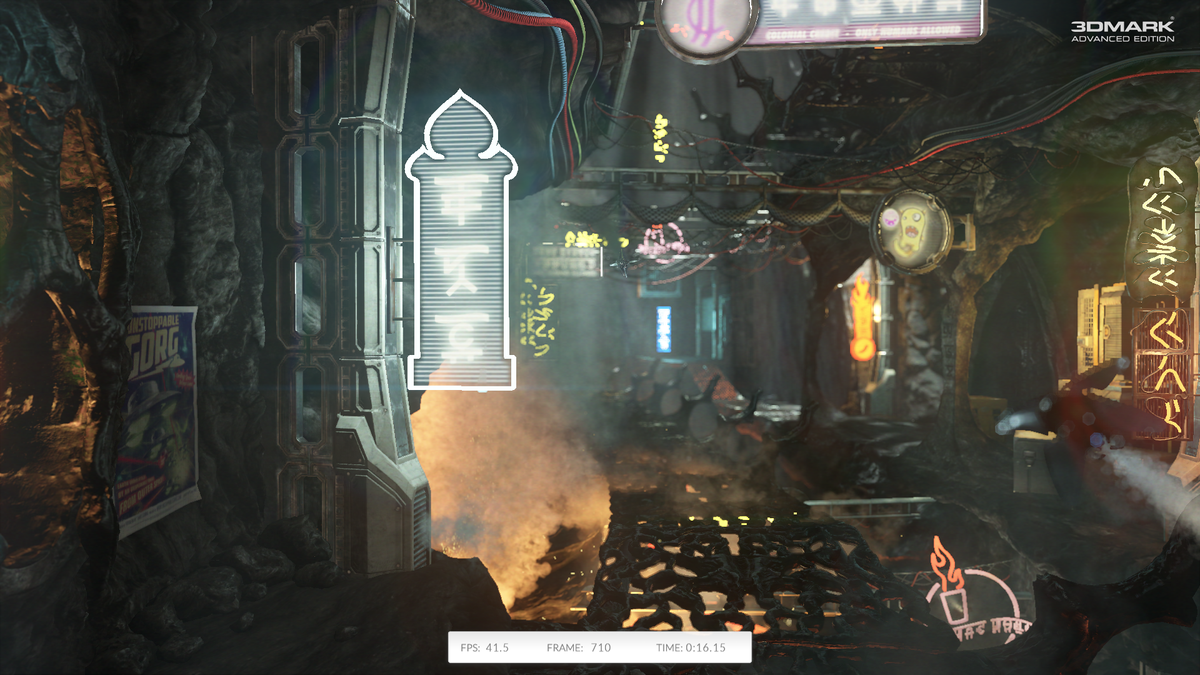
Some tech giants and investors consider the metaverse the next wave in computing technology, which began with mainframes before moving on to personal and mobile computing.Įven before Mark Zuckerberg renamed Facebook to Meta in 2021, other companies have been at the forefront of metaverse development. Haptic gloves and jackets offer a physical sense of touch. Moreover, fast internet connections and powerful virtual reality headsets provide immersive experiences, including 360-degree views of the digital environment. Unlike more common digital games today, things happen in real-time in the metaverse-no pauses, game overs, or resets. For instance, a player who acquires a digital art piece from one game, which is developed by a certain company, can use the same item in another game made by a different company. The Metaverse seamlessly blends games, virtual reality, live-streaming, cryptocurrencies, and social media as players move across an ecosystem of competing products. Players can create items, sell or buy them, and invest and reward others. The activities in these virtual communities reflect those in the physical world. Real people use online games and apps to enter and interact with others in these 3D "worlds," where they represent themselves as avatars. A combination of the Greek word meta-which means beyond-and the word universe, it's pretty much an extension of the real world. Metaverse refers to technologies that provide people with experiences to become part of connected digital worlds.


Metaverse: Live, Immersive Extended Reality


 0 kommentar(er)
0 kommentar(er)
